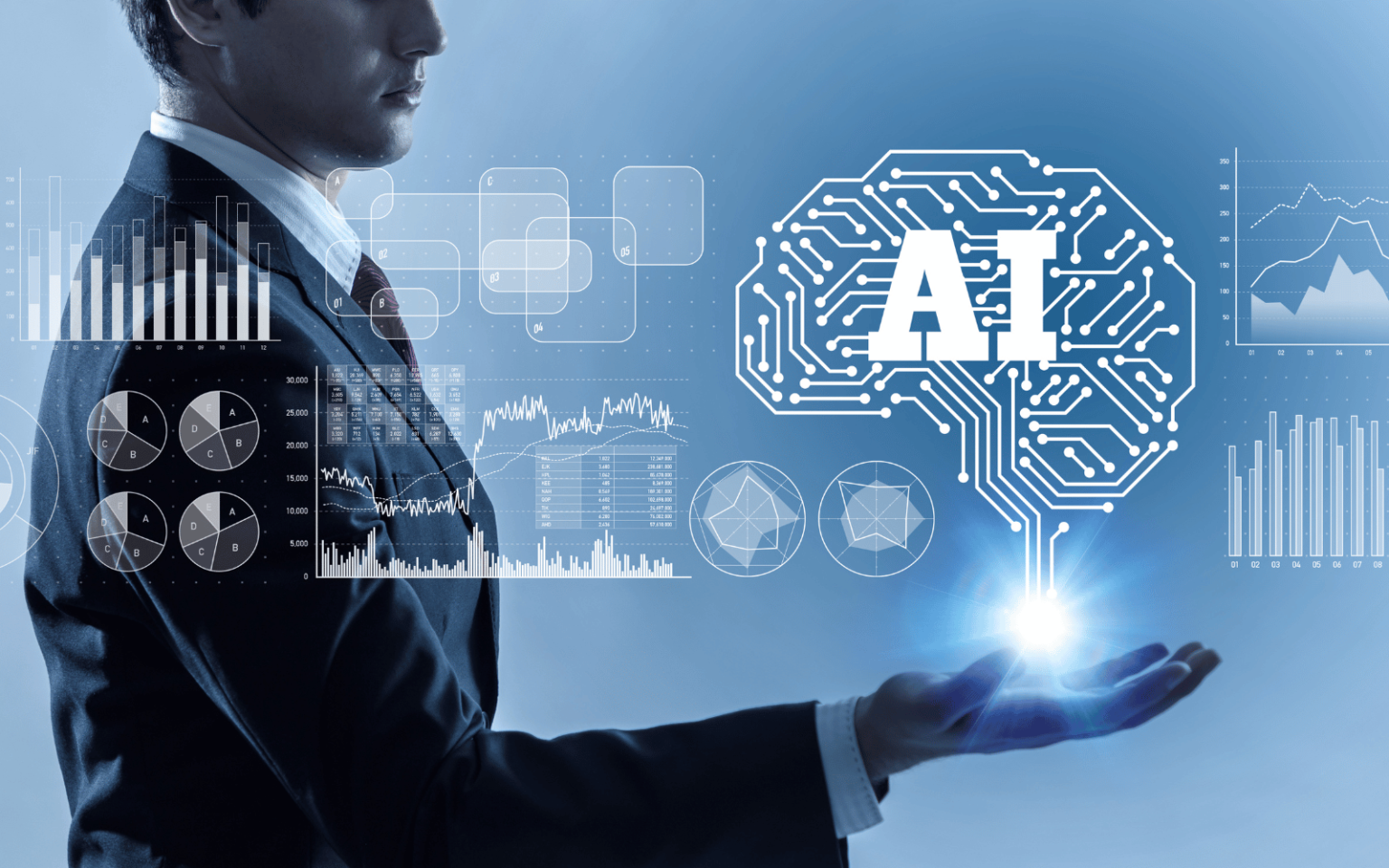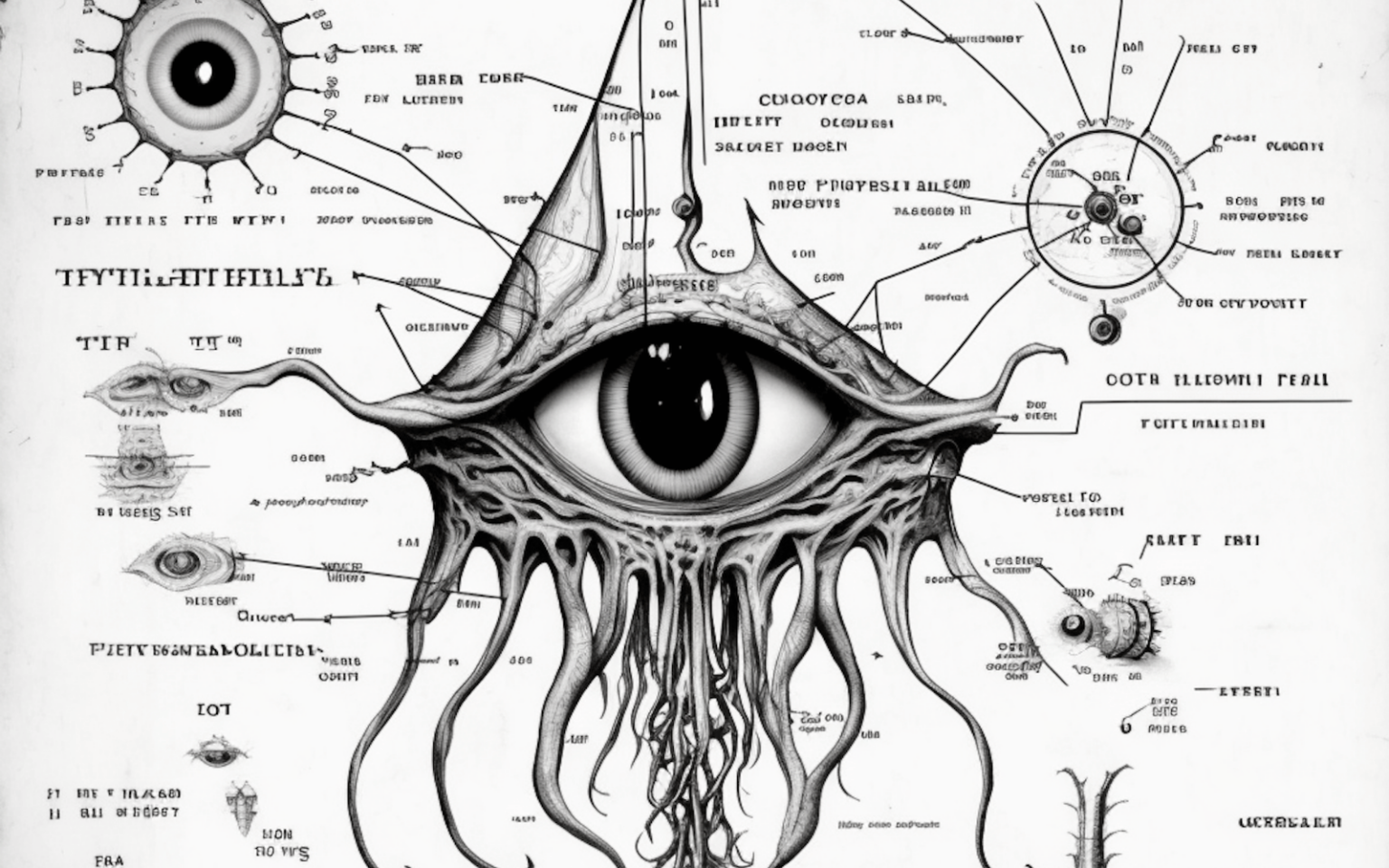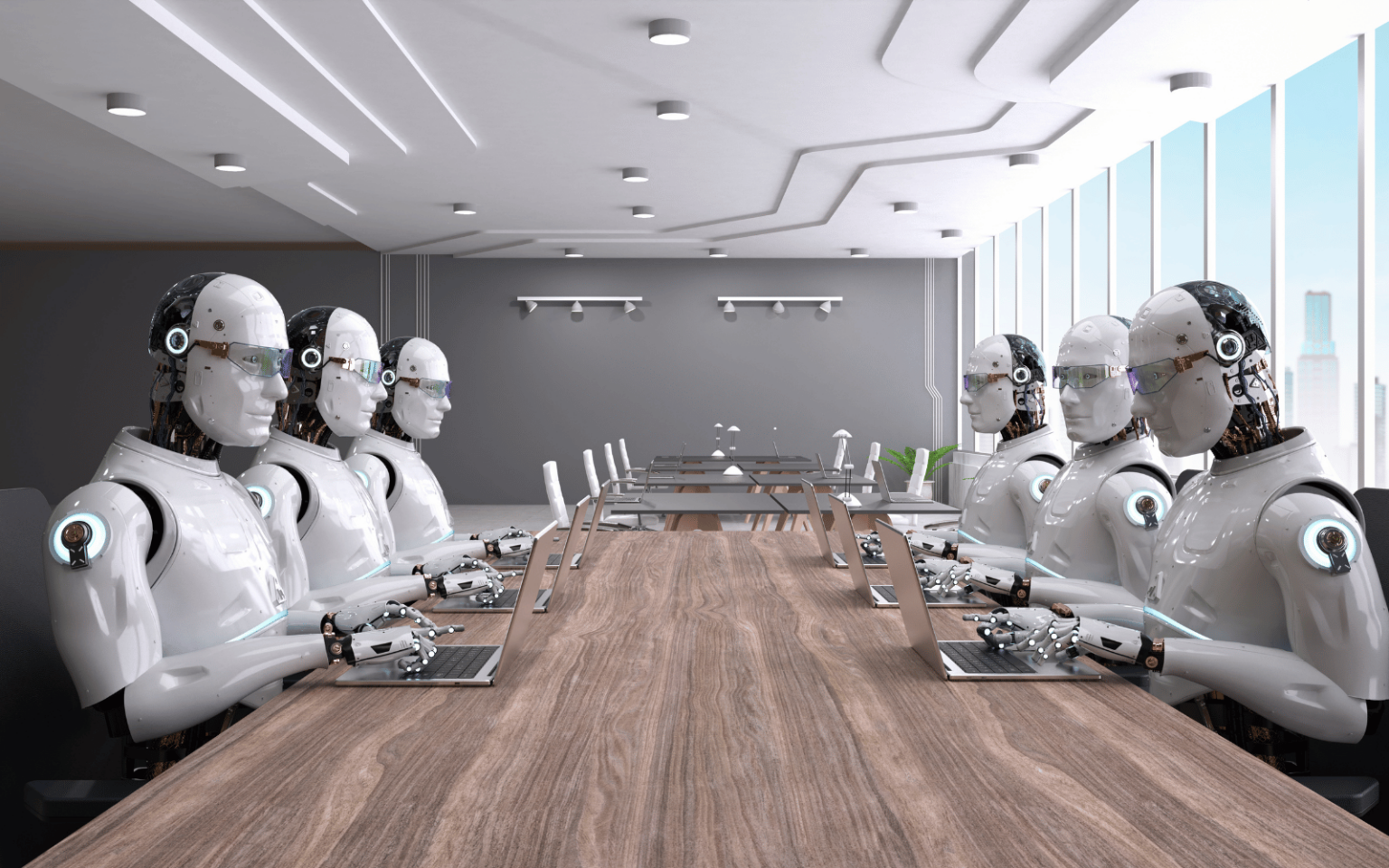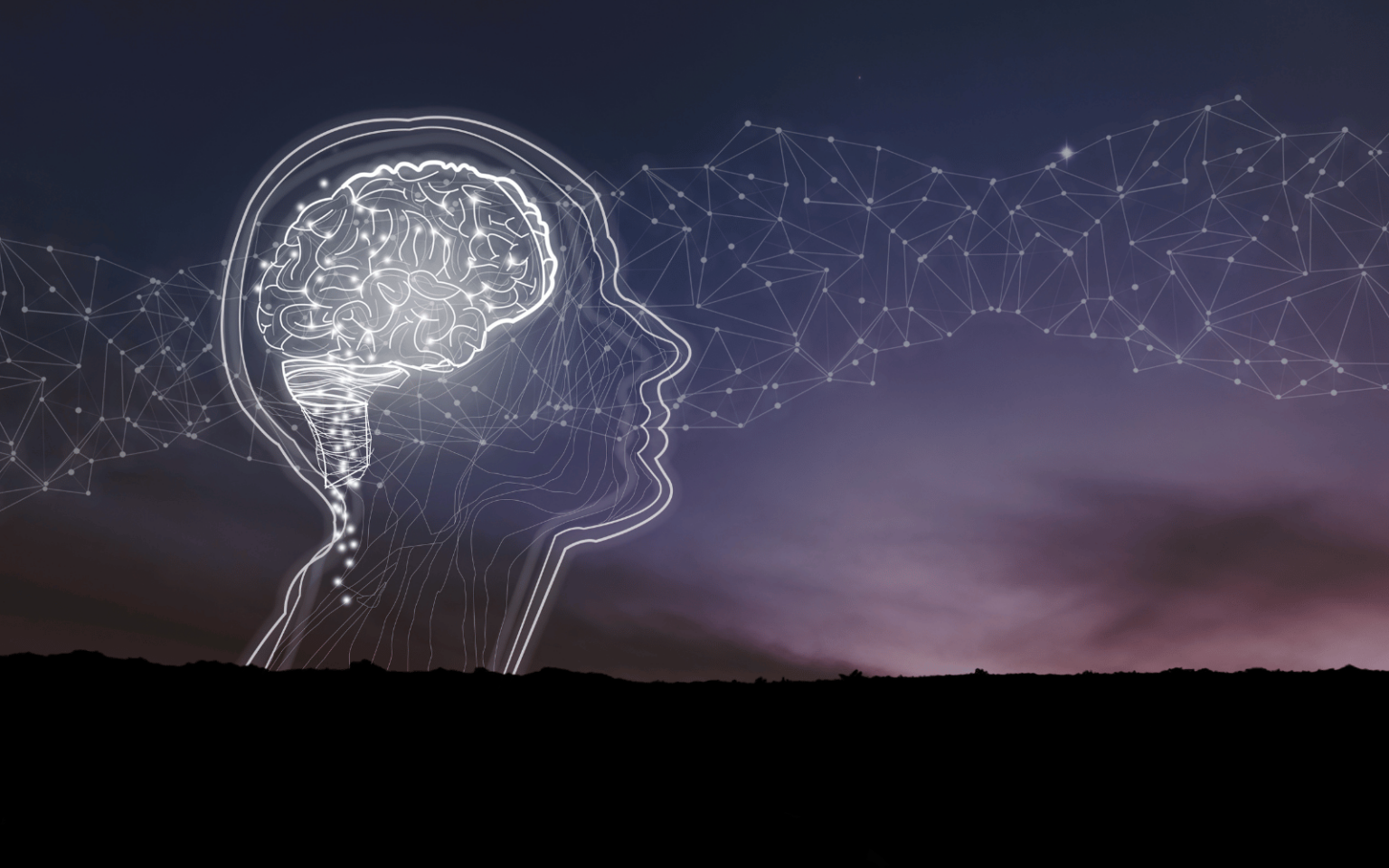On November 30 2022, OpenAI launched the AI chatbot ChatGTP, making the latest generation of AI technologies widely available. In the few months since then, we have seen Italy ban ChatGTP over privacy concerns, leading technology luminaries calling for a pause on AI systems development, and even prominent researchers saying we should be prepared to launch airstrikes on data centres associated with rogue AI. The rapid deployment of AI and its potential impacts on human society and economies is now clearly in the spotlight. What will AI mean for productivity and economic growth? Will it usher in an age of automated luxury for all, or…
Author: The Conversation
To build a machine, one must know what its parts are and how they fit together. To understand the machine, one needs to know what each part does and how it contributes to its function. In other words, one should be able to explain the “mechanics” of how it works. According to a philosophical approach called mechanism, humans are arguably a type of machine – and our ability to think, speak and understand the world is the result of a mechanical process we don’t understand. To understand ourselves better, we can try to build machines that mimic our abilities. In doing so,…
The social separation imposed by the pandemic led us to rely on technology to an extent we might never have imagined – from Teams and Zoom to online banking and vaccine status apps. Now, society faces an increasing number of decisions about our relationship with technology. For example, do we want our workforce needs fulfilled by automation, migrant workers, or an increased birth rate? In the coming years, we will also need to balance technological innovation with people’s wellbeing – both in terms of the work they do and the social support they receive. And there is the question of…
We carry them everywhere, take them to bed, to the bathroom and for many people they’re the first thing they see in the morning – more than 90% of the world owns or uses a mobile phone and many of us couldn’t manage without one. But while health concerns about phones use usually focus on the distraction they can cause while driving, the possible effects of radiofrequency exposure, or just how addictive they can be. The microbial infection risk of your phone is much less appreciated – but it’s very real. A 2019 survey found that most people in the UK use their phones on the toilet. So…
The big idea Social media can be mentally draining. And when mentally drained, you are more likely to be influenced by a high number of likes on posts – even to the point of clicking on ads for products you don’t need or want – according to our recent experiments on how social media affects behavior. As a professor of advertising, I have studied social media behavior for years. In late 2022, my colleague Eric Haley and I conducted three online studies on Americans aged 18-65 to test how people under various mental loads respond to ads differently. The control group in each study…
Automation, once hidden behind closed doors in factories, is increasingly moving into public view. Customers can pay for groceries or clothing at a self-checkout machine, order fast food from a touchscreen kiosk or even pickup coffee from a “robo-café.” These technologies, which substitute human contact for robot-based interactions, are examples of self-service technologies — innovative public-facing automation which “enable customers to perform entire services on their own without direct assistance from employees.” While self-service technologies have the potential to improve efficiency, reduce costs and improve user experience, these technologies raise complex economic and political questions. Politics and exposure Much has been written from an economic perspective…
Artificial intelligence (AI) is becoming ever more prevalent in our lives. It’s no longer confined to certain industries or research institutions; AI is now for everyone. It’s hard to dodge the deluge of AI content being produced, and harder yet to make sense of the many terms being thrown around. But we can’t have conversations about AI without understanding the concepts behind it. We’ve compiled a glossary of terms we think everyone should know, if they want to keep up. Algorithm An algorithm is a set of instructions given to a computer to solve a problem or to perform calculations that…
Each day, messages from Nigerian princes, peddlers of wonder drugs and promoters of can’t-miss investments choke email inboxes. Improvements to spam filters only seem to inspire new techniques to break through the protections. Now, the arms race between spam blockers and spam senders is about to escalate with the emergence of a new weapon: generative artificial intelligence. With recent advances in AI made famous by ChatGPT, spammers could have new tools to evade filters, grab people’s attention and convince them to click, buy or give up personal information. As director of the Advancing Human and Machine Reasoning lab at the University…
Do you remember learning to drive a car? You probably fumbled around for the controls, checked every mirror multiple times, made sure your foot was on the brake pedal, then ever-so-slowly rolled your car forward. Fast forward to now and you’re probably driving places and thinking, “how did I even get here? I don’t remember the drive”. The task of driving, which used to take a lot of mental energy and concentration, has now become subconscious, automatic – habitual. But how – and why – do you go from concentrating on a task to making it automatic? Habits are there…
The AI chatbot ChatGPT produces content that can appear to have been created by a human. There are many proposed uses for the technology, but its impressive capabilities raise important questions about ownership of the content. UK legislation has a definition for computer-generated works. Under the Copyright, Designs and Patents Act 1988 they are “generated by computer in circumstances such that there is no human author of the work”. The law suggests content generated by an artificial intelligence (AI) can be protected by copyright. However, the original sources of answers generated by AI chatbots can be difficult to trace – and they…










